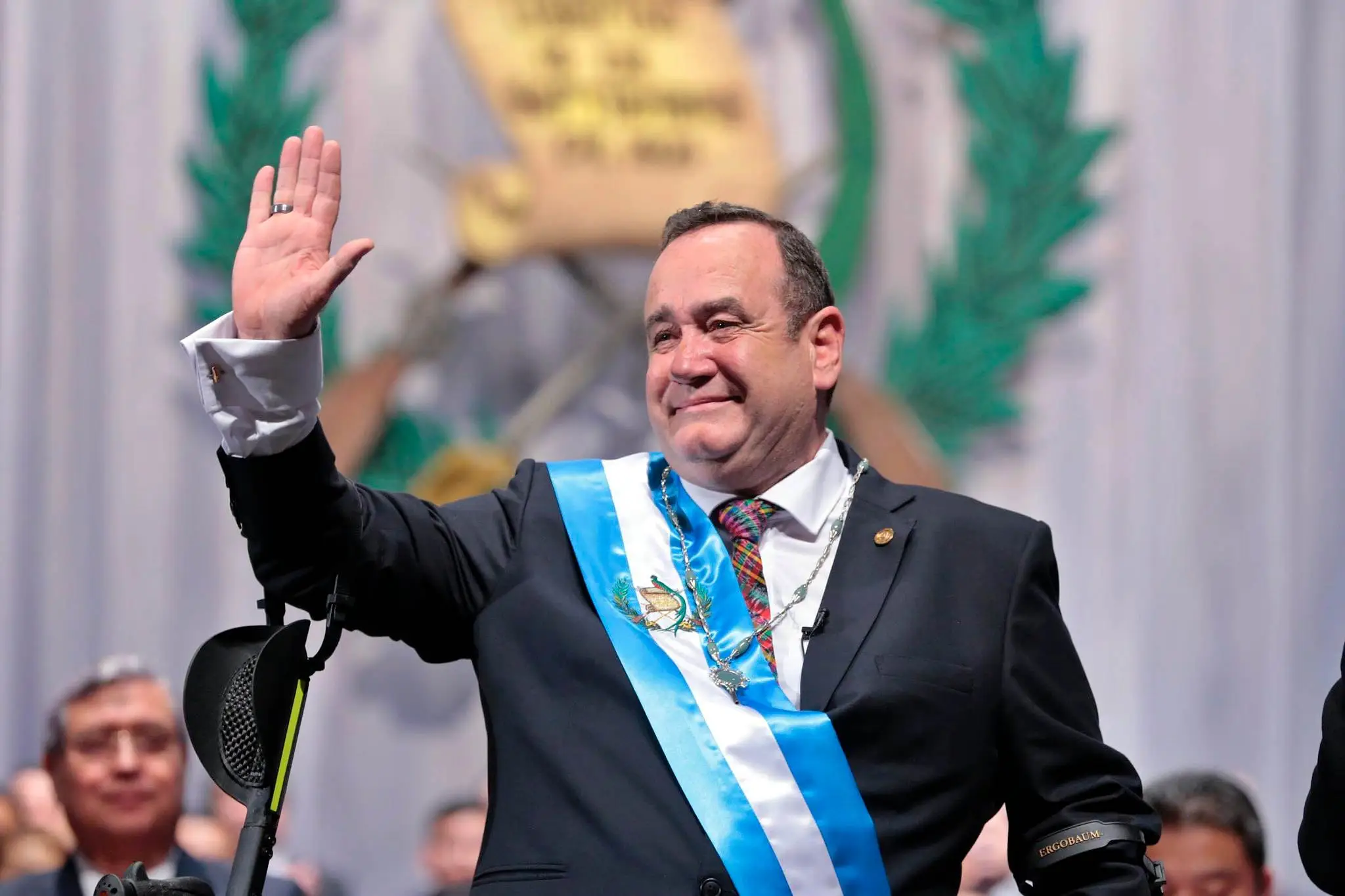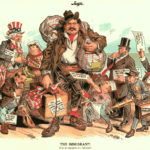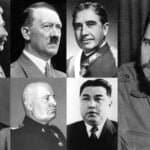Populism in Latin American politics is as multifaceted as the region itself. Often, it’s likened to a fervent political passion, a force that can both unite and divide. Its essence is as complex as the myriad emotions it stirs, making it a topic of intrigue and debate among scholars, politicians, and citizens alike.
In the vast expanse of Latin America, spanning from the bustling streets of Mexico City to the vibrant neighborhoods of Buenos Aires, populism has found a home. It has woven itself into the very fabric of the region’s political discourse, influencing elections, policies, and public sentiment. But what fuels this populist sentiment? Is it the historical struggles against colonialism, the persistent socio-economic disparities, or the region’s tumultuous relationship with power dynamics?
In different contexts, populism takes on varied hues and tones.
Over the decades, Latin America has witnessed a series of charismatic leaders who have harnessed the power of populism to rally the masses. They’ve tapped into a deep-seated sense of disenfranchisement, offering promises of change, empowerment, and a brighter future. These leaders, with their rousing speeches and grand visions, have often positioned themselves as the voice of the ‘common man,’ challenging the established elite and questioning the status quo.
Yet, as history has shown, populism in Latin America is not just a tool for political ascendancy. It’s a reflection of the region’s collective psyche, its aspirations, and its frustrations. It’s a narrative that tells a story of a people’s quest for recognition, justice, and a better tomorrow. As we delve deeper into this topic, we’ll explore the many facets of populism and its profound impact on the Latin American political landscape.
The Challenge of Defining Populism in Latin America
The quest to define populism in Latin America is akin to capturing a mirage. Just when one thinks they’ve grasped its essence, it shifts, revealing yet another layer of complexity. Scholars and political analysts have grappled with this term, attempting to distill its essence into a concise definition. Yet, the more one delves into it, the more elusive it becomes.
At its core, populism is a political approach that seeks to champion the common individual, often pitting them against a perceived elite or establishment. However, this simplistic definition barely scratches the surface. In different contexts, populism takes on varied hues and tones. For some, it represents a genuine call to address societal inequalities and injustices. For others, it’s a strategic ploy, a means to galvanize support and ascend to power.
Guatemala’s experience with populism is both unique and emblematic of broader regional trends.
Latin America, with its intricate tapestry of cultures, histories, and political dynamics, adds another layer of complexity to this definition. Here, populism isn’t just a theoretical construct; it’s lived and breathed. It’s seen in the impassioned speeches of leaders, in the fervent rallies of supporters, and in the policies that shape the lives of millions. The region’s tumultuous history of colonization, revolutions, and socio-economic disparities has created a fertile ground for populist ideologies to take root.
Yet, even within Latin America, populism isn’t monolithic. Each country, with its unique socio-political landscape, interprets and manifests populism differently. This diversity, while enriching, also complicates the task of defining populism. As we journey through this exploration, we’ll encounter varied perspectives, each offering a unique lens through which to view this enigmatic political phenomenon.
Guatemala: A Case Study
In our exploration of populism, Guatemala emerges as a compelling focal point. This Central American nation, with its intricate blend of historical legacies and contemporary challenges, encapsulates the complexities of Latin American populism. Our attention was particularly drawn to the political campaigns of 2015 and 2019, which became arenas for the articulation of populist discourses.
Guatemala’s political landscape offers a unique canvas to dissect the intricacies of populism.
The 2015 elections, set against a backdrop of political scandals and public disillusionment, witnessed a surge in populist rhetoric. Candidates, sensing the public’s disenchantment with the status quo, positioned themselves as champions of the people. Their campaigns were not merely electoral strategies; they were reflections of a society yearning for change, for a break from entrenched corruption and political malaise.
By 2019, the narrative had evolved. While the echoes of anti-establishment sentiments remained, new themes emerged. Issues of indigenous rights, national identity, and socio-economic disparities took center stage. The populist narrative, while still present, was interwoven with these pressing concerns, showcasing the adaptability of populism to the changing socio-political landscape.
In analyzing these campaigns, we found that Guatemala’s experience with populism is both unique and emblematic of broader regional trends. The nation’s political dynamics, while rooted in local realities, offer insights that resonate beyond its borders. Through the lens of Guatemala, we gain a deeper understanding of the multifaceted nature of populism and its enduring relevance in Latin American politics.
Political Communication: The Heart of the Matter
In today’s digital era, the power of political communication cannot be understated. It’s the bridge connecting leaders with the masses, shaping perceptions and influencing decisions. For us, Guatemala’s election spots provided a fascinating window into this dynamic. These weren’t mere advertisements; they were pulse points of a nation’s collective consciousness.
Delving into these spots, we observed a tapestry of narratives. Each message, though brief, was laden with significance, echoing the aspirations, fears, and hopes of the Guatemalan populace. The art of crafting such messages requires a deep understanding of the societal fabric, and in Guatemala, this was evident. Candidates didn’t just speak to the people; they spoke for them.
Populism in Guatemala is not a rigid ideology but a malleable tool, adaptable to the shifting sands of political expedience and societal dynamics.
The populist undertones in these communications were unmistakable. They tapped into a prevailing sentiment of disenchantment with the elite, offering a vision of change and empowerment. But it wasn’t just about populism. These spots also highlighted pressing issues – from economic challenges to concerns about governance and transparency.
For us, the essence of these election spots lay in their authenticity. They weren’t polished, sanitized messages designed for mass appeal. Instead, they were raw, genuine reflections of a society in flux, seeking direction and leadership. Through these communications, we gain invaluable insights into the interplay between political messaging, populism, and the broader societal context in Guatemala.
Populism’s Features: Present or Absent?
Guatemala’s political landscape offers a unique canvas to dissect the intricacies of populism. In our analysis of the nation’s campaigns, we observed an intriguing pattern: not all hallmarks of populism were uniformly present. This selective portrayal prompts deeper introspection into the very essence of Guatemalan populism.
Some campaigns resonated with classic populist themes, championing the cause of the common man against a perceived elite. These narratives were potent, tapping into a collective yearning for change and representation. Yet, other quintessential populist motifs, such as economic egalitarianism or anti-establishment fervor, were notably muted or entirely missing in certain campaigns.
This divergence begs the question: What drives the selective embrace of populist features in Guatemala? Is it a genuine echo of the people’s voice, or is it a more strategic maneuver by savvy politicians attuned to the electorate’s pulse?
Our exploration suggests that the answer isn’t binary. While some campaigns genuinely resonated with grassroots sentiments, others appeared more orchestrated, leveraging populist rhetoric for electoral gains. This duality underscores the fluidity of populism in Guatemala. It’s not a rigid ideology but a malleable tool, adaptable to the shifting sands of political expedience and societal dynamics.
In essence, Guatemala’s experience with populism challenges monolithic interpretations. It invites us to consider populism not just as a set doctrine but as a reflection of a nation’s evolving political and social narrative.
The Role of Equality in Populist Narratives
In the realm of populism, equality often emerges as a rallying cry, a promise to bridge the chasm between the haves and the have-nots. Yet, in Guatemala’s political discourse, this clarion call seemed somewhat muted. For a nation marked by stark socio-economic divides, this absence was both unexpected and thought-provoking.
Historically, populist movements have championed the cause of economic equality, positioning themselves as the defenders of the marginalized against the privileged elite. However, our analysis of Guatemalan campaigns revealed a different emphasis. While issues of socio-economic disparities weren’t entirely sidelined, they took a backseat to a more pressing concern: corruption.
Corruption, with its tendrils deep-rooted in various facets of Guatemalan society, emerged as the primary antagonist in many campaigns. Politicians, sensing the public’s growing disillusionment with systemic graft, positioned themselves as crusaders against this menace. The narrative shifted from economic redistribution to restoring integrity and trust in governance.
This strategic pivot raises pertinent questions. Was the focus on corruption a genuine response to the nation’s priorities, or was it a calculated move to sidestep the thorny issue of economic disparities? Our observations suggest a blend of both. While corruption undeniably resonates as a pressing concern among Guatemalans, the subdued emphasis on economic equality might also reflect the complexities of addressing deep-seated socio-economic challenges.
Mitigated Populism?
As we reflect upon our journey into the heart of Guatemalan populism, several insights emerge. Guatemala, with its rich tapestry of cultural and political dynamics, doesn’t fit neatly into a one-size-fits-all populist mold. Instead, it presents a more tempered, or “mitigated,” form of populism.
While the hallmarks of populism – championing the common man, challenging the elite, and advocating for systemic change – are discernible, they don’t dominate the political narrative entirely. This isn’t a landscape of stark black and white; it’s a spectrum of grays. Some campaigns lean heavily into populist rhetoric, while others adopt a more restrained approach, suggesting a keen attunement to the electorate’s diverse sentiments.
This moderated populism might be indicative of a maturing political landscape. It hints at a populace that, while resonating with populist ideals, also seeks pragmatic solutions to their immediate concerns. Pure, unbridled populism might be too polarizing, too detached from the nuanced realities of everyday life in Guatemala.
Our findings emphasize the importance of moving beyond monolithic interpretations of populism. To truly understand its manifestations, especially in regions as diverse as Latin America, we must delve deeper, exploring not just the overt political rhetoric but also the subtler undercurrents that shape public sentiment.
Adapted from an academic study for a wider audience, under license CC BY 4.0









